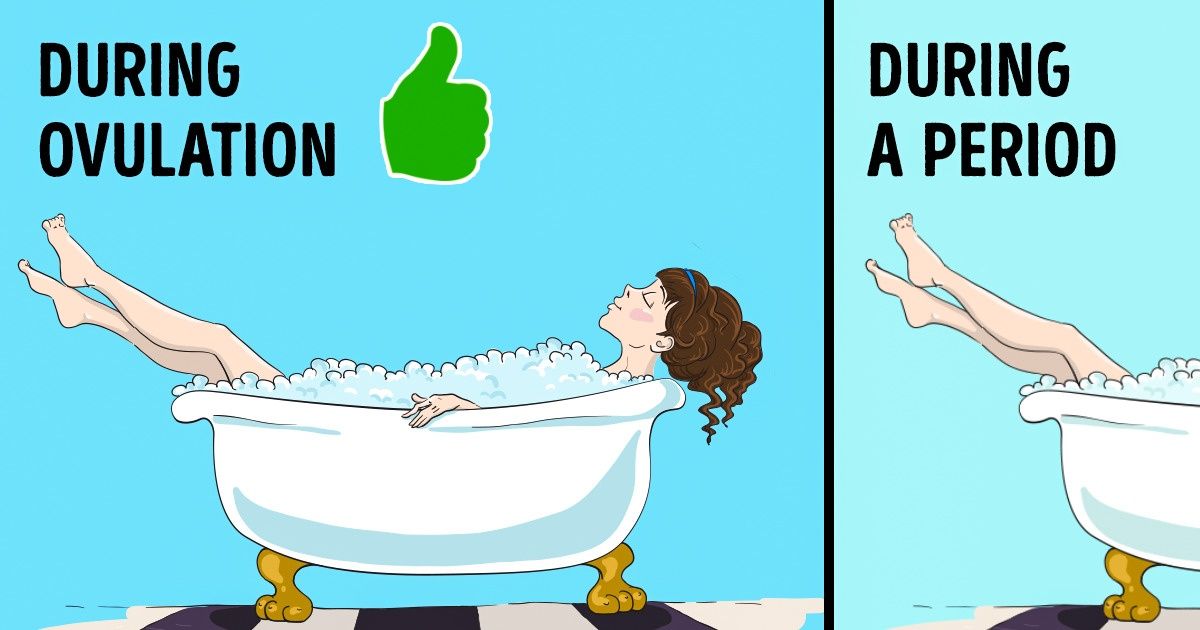How Many Days In Between Periods
How Many Days In Between Periods - Understanding your menstrual cycle is important for every woman. Not only can it help you track your fertility, but it can also give insight into your overall health. However, navigating through the myths and misconceptions surrounding menstruation can be daunting. Here are some facts and tips about periods that every woman should know:
Everything You Need to Know About Your Period: Plus Some
Myths and Misconceptions
Unfortunately, a lot of myths and misconceptions surround periods. Here are some of the most common:
- You cannot get pregnant on your period - FALSE. While it is less likely, there is still a chance of becoming pregnant during menstruation.
- PMS is just a mood disorder - FALSE. Premenstrual syndrome (PMS) can also cause physical symptoms such as bloating and cramping.
- You can't exercise during your period - FALSE. Exercise can actually help alleviate menstrual symptoms.
Period Tracking
Tracking your menstrual cycle is important for several reasons. Not only can it help you predict when your next period will come, but it can also help you detect any irregularities in your cycle. Here are some tips for tracking your period:
- Use a period tracking app - there are several free apps available that can help you track your cycle and predict when your next period will come.
- Pay attention to your body - symptoms such as bloating and breast tenderness can be indicators that your period is on its way.

10 Facts About Periods That Turned Out to Be Myths
Myths and Misconceptions
It's important to separate fact from fiction when it comes to menstruation. Here are some common period myths:
- You lose a lot of blood during your period - FALSE. The average woman only loses about 2-3 tablespoons of blood during her cycle.
- You can't get pregnant while on your period - FALSE. While it's less likely, it's still possible to become pregnant during menstruation.
- You shouldn't have sex during your period - FALSE. As long as both partners are comfortable with it, there's no medical reason to avoid sex during menstruation.
Period Care
Period care is important for maintaining good hygiene and avoiding infections. Here are some tips for taking care of yourself during your menstrual cycle:
- Change your pad or tampon every 4-8 hours or more often if needed, to avoid odor and infection.
- Always wash your hands before and after changing your pad or tampon, to avoid introducing bacteria.

What Is an Irregular Period?
Irregular Periods
It's common for women to have irregular periods from time to time. However, if your cycle is consistently irregular, it may be a sign of an underlying health issue. Here are some possible causes of irregular periods:
- Polycystic ovary syndrome (PCOS) - a hormonal disorder that can cause irregular menstruation, acne, and weight gain.
- Thyroid issues - both hypothyroidism and hyperthyroidism can cause changes in menstrual cycles.
- Stress - elevated levels of stress can cause hormonal imbalances that affect menstrual cycles.
Period Management
If you're experiencing irregular periods, there are several things you can do to manage them:
- Talk to your doctor - if you're concerned about your menstrual cycle, see your doctor. They can help you identify and address any underlying health issues.
- Stay healthy - eating a balanced diet, getting enough sleep, and staying active can all help regulate your menstrual cycle.
- Use period tracking apps - these apps can help you predict when your next period will come, and identify any patterns in your cycle.
:max_bytes(150000):strip_icc()/what-is-an-irregular-period-1959924_final-6540194ef9954cff88d95db2a756529f.png)
Understanding Your Menstrual Cycle
How to Calculate How Many Days Between Periods
Knowing how many days are between your periods can help you better understand your menstrual cycle. To calculate how many days are between your periods, follow these steps:
- Count the number of days from the first day of your period to the first day of your next period.
- Record this number as the length of your menstrual cycle.
- Repeat this process for several months to get an accurate average of your cycle length.
Period Tips
Here are some additional tips for managing your menstrual cycle:
- Stay hydrated - drinking plenty of water can help alleviate some menstrual symptoms like bloating and cramping.
- Use heat - heat can help with menstrual cramps, so try using a heating pad or taking a warm bath.
- Don't skip meals - keeping your blood sugar levels stable can help minimize some menstrual symptoms.

By understanding your menstrual cycle and knowing how to manage it, you can take control of your overall health and well-being. Remember to always consult with your doctor if you have any concerns about your menstrual cycle or reproductive health.
Find more articles about How Many Days In Between Periods
Post a Comment for "How Many Days In Between Periods"